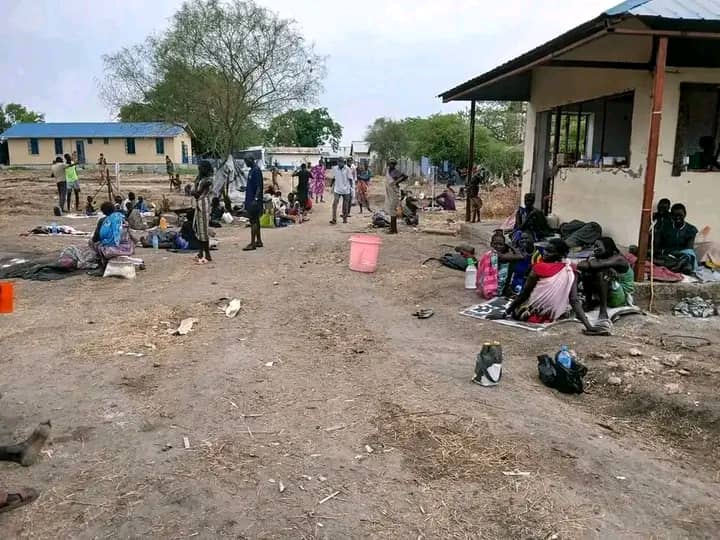
By Debora Akur Chol, South Sudan
The Ministry of Health issued an urgent warning on Sunday, regarding the worsening cholera outbreak in the Greater Pibor Administrative Area (GPAA), urging immediate action to curb the spread and save lives.
The health ministry reported that the outbreak, which initially began in Likuangole County and has now spread to Gumruk, has resulted in 155 deaths out of 888 confirmed cases.
Among the fatalities, 66 occurred in health facilities, while 89 were reported within local communities.
Dr. John Baba from the National Ministry of Health linked the outbreak to inadequate hygiene and a severe shortage of clean drinking water, exacerbated by recent displacement along the Nanam River.
“Cholera outbreaks are often the result of poor hygiene and the lack of access to clean water,” Dr. Baba explained, adding: “When people are forced to drink contaminated water from rivers, it leads to deadly diseases like cholera, which causes severe, acute watery diarrhea.”
The ongoing flooding has also damaged boreholes and water taps, leaving internally displaced persons (IDPs) with no option but to drink from unsafe water sources, further escalating the crisis.
In response to the health emergency, the Ministry of Health, in partnership with organizations such as the World Health Organization (WHO) and Médecins Sans Frontières (MSF), has mobilized resources to mitigate the outbreak.
However, Dr. Baba warned that donor fatigue has severely hampered efforts, making it difficult to effectively contain the disease.
“We have called on all health partners to step up, but we are limited by the resources at hand,” he said. “Collaborating with capable organizations like MSF is essential to establish proper isolation centers and manage the situation.”
MSF has already deployed a team to assess the situation and has sent medical supplies, including Oral Rehydration Salts (ORS) and fluids, to Jebel Boma County Hospital.
The Ministry of Health has also dispatched 84 cartons of fluids and 10 boxes of ORS as part of the ongoing emergency response.
Despite these efforts, Dr. Baba emphasized that the current measures are insufficient to handle the rising number of cases, particularly given the limited capacity of existing isolation centers.
The South Sudan Doctors’ Union (SSDU) has raised alarms over the outbreak, calling it a humanitarian crisis driven by inadequate access to clean water, poor sanitation, and a fragile healthcare system.
The union has urged the government to take swift action, including the immediate allocation of emergency funds to procure essential supplies and deploy rapid response teams.
Meanwhile, given the shifting priorities of donor funding, they also emphasized the urgent need for international partners to increase logistical aid, medical supplies, and personnel to stem the outbreak and prevent further loss of life.
categories
recent posts


Former Malawi President Mutharika Mourns Zambia’s Edgar Lungu


NIGERIA: Federal Government Announces Activities For 2025 Democracy Day

